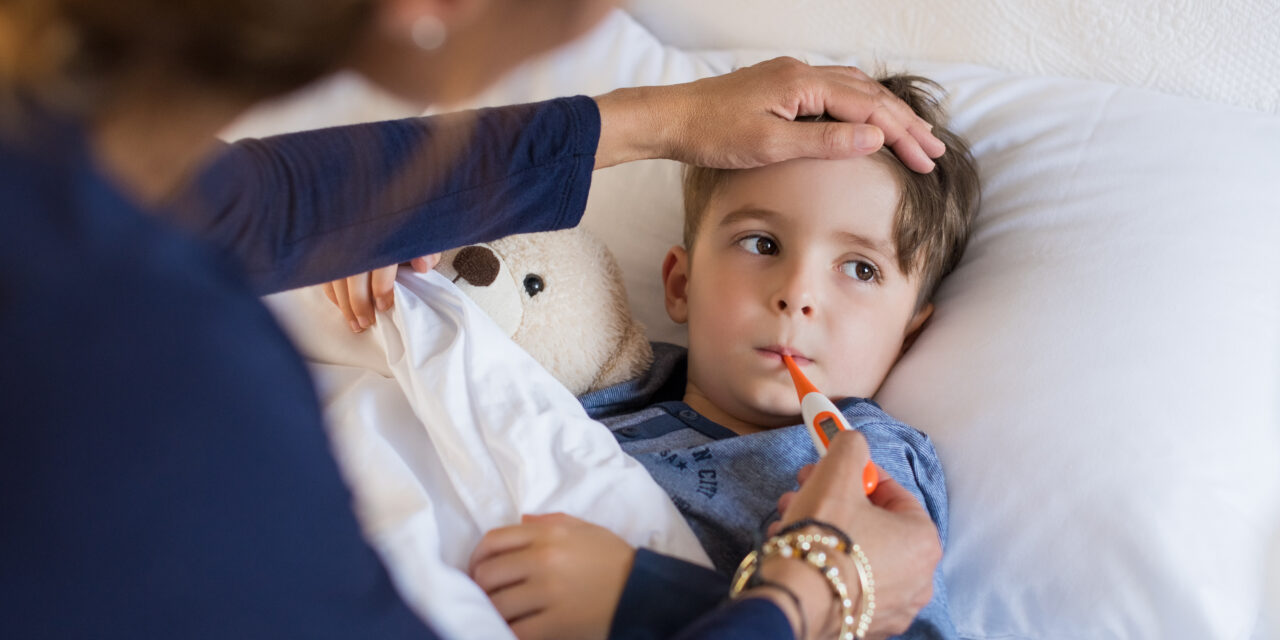RSV, otherwise known as respiratory syncytial virus, is a burdensome viral infection that affects millions of children each year.
Symptoms of RSV include copious nasal secretions, fever, wheezing, and labored breathing. This virus can go from 0 to 60 quickly which can be quite scary for an unsuspecting parent. It also has a significant impact on the lives of working parents, leading to over 2 million outpatient visits in children under 5 years old annually. The mainstay of treatment for mild infection is what we in pediatrics like to call, “supportive care”. This means, ensuring your baby is hydrated, receives proper sleep and nutrition, and is protected from contracting a secondary illness. When infants and children cough frequently, they expend energy and become dehydrated more quickly, so keeping up with fluid intake is very important. Encouraging electrolyte-rich fluids such as Pedialyte or Pedialyte-Pops can help restore energy and fluid loss. Seeking advanced care in an emergency room setting for supportive oxygen and IV hydration if a child worsens, can prevent aspiration pneumonia, which may result because of unsafe oral intake during periods of labored breathing.
The illness tends to peak on days 3-5 of infection and signs of worsening RSV illness include wheezing, belly breathing, nasal flaring, and a reduction in feeds. If your child is showing any of these acute signs, they should go to the ER immediately for advanced care. Ensuring your child has fully recovered from RSV before going back to daycare or school may prevent them from contracting another illness that puts them at risk of secondary pneumonia. There is a shot called Synagis that leads to a reduction in the transmission, morbidity, and mortality associated with RSV. This shot is only approved for certain premature infants, a high-risk group who are more likely to develop complications. If you have a preemie, ask your doctor if your child qualifies for this important vaccine.

















